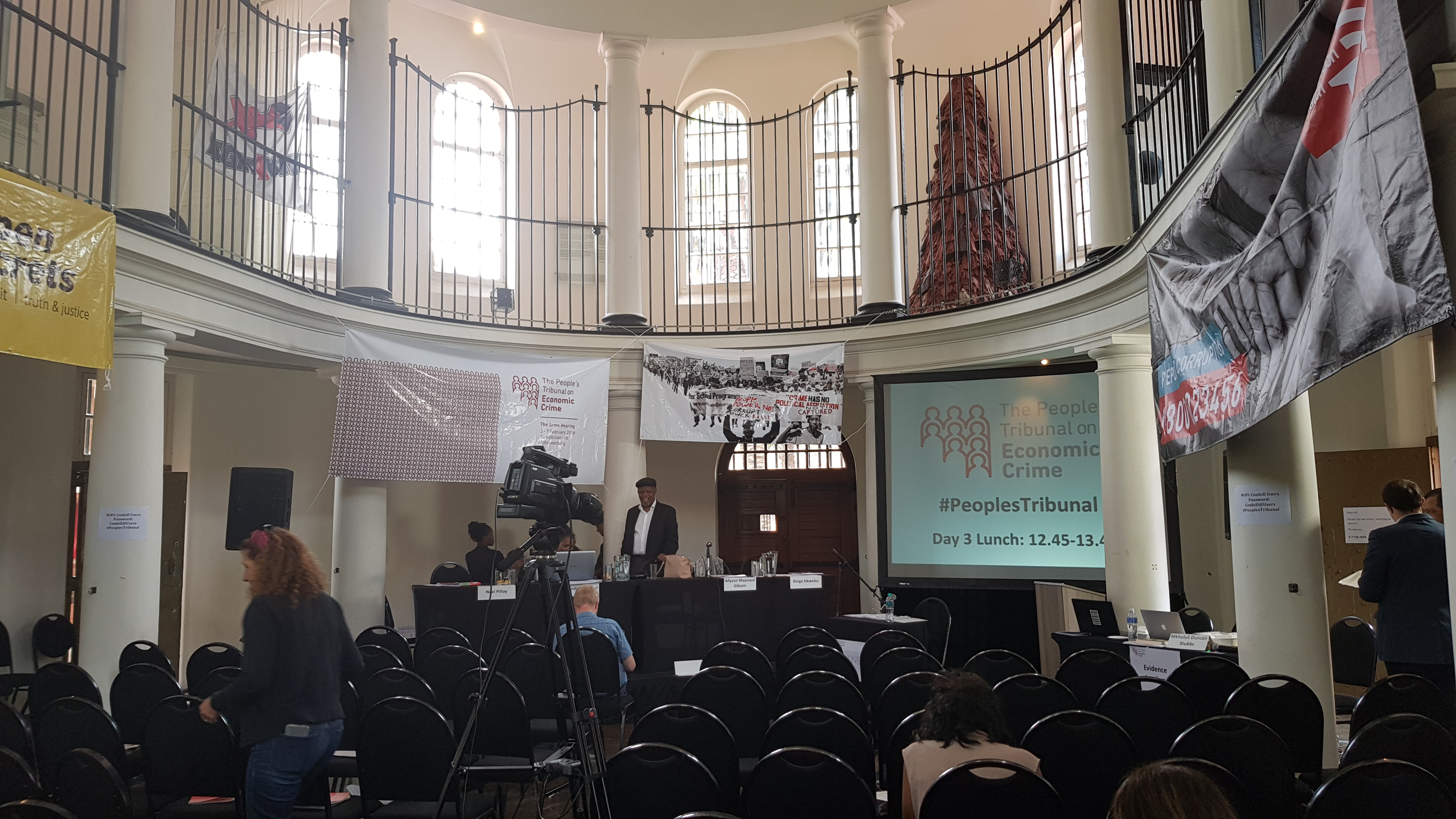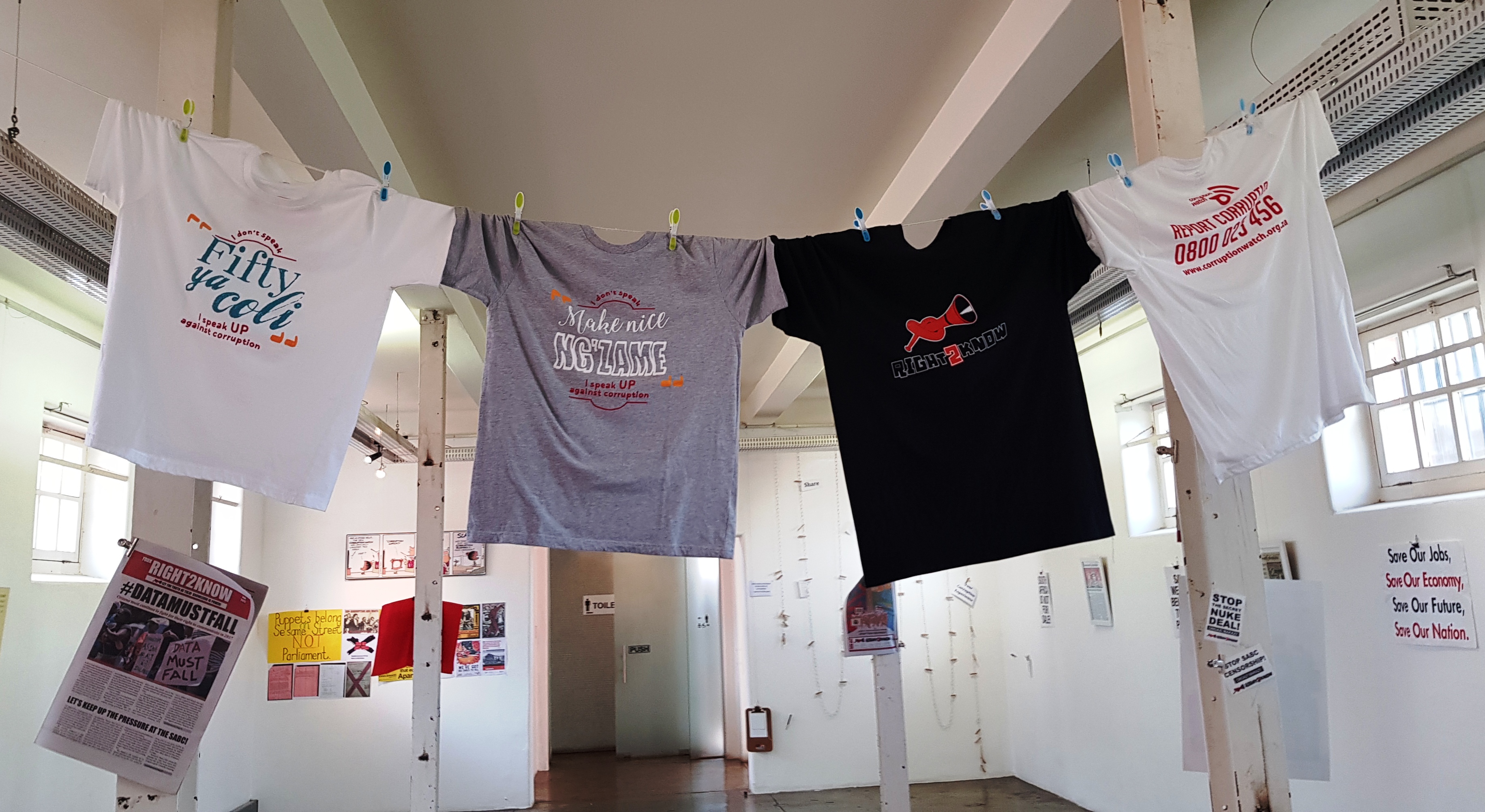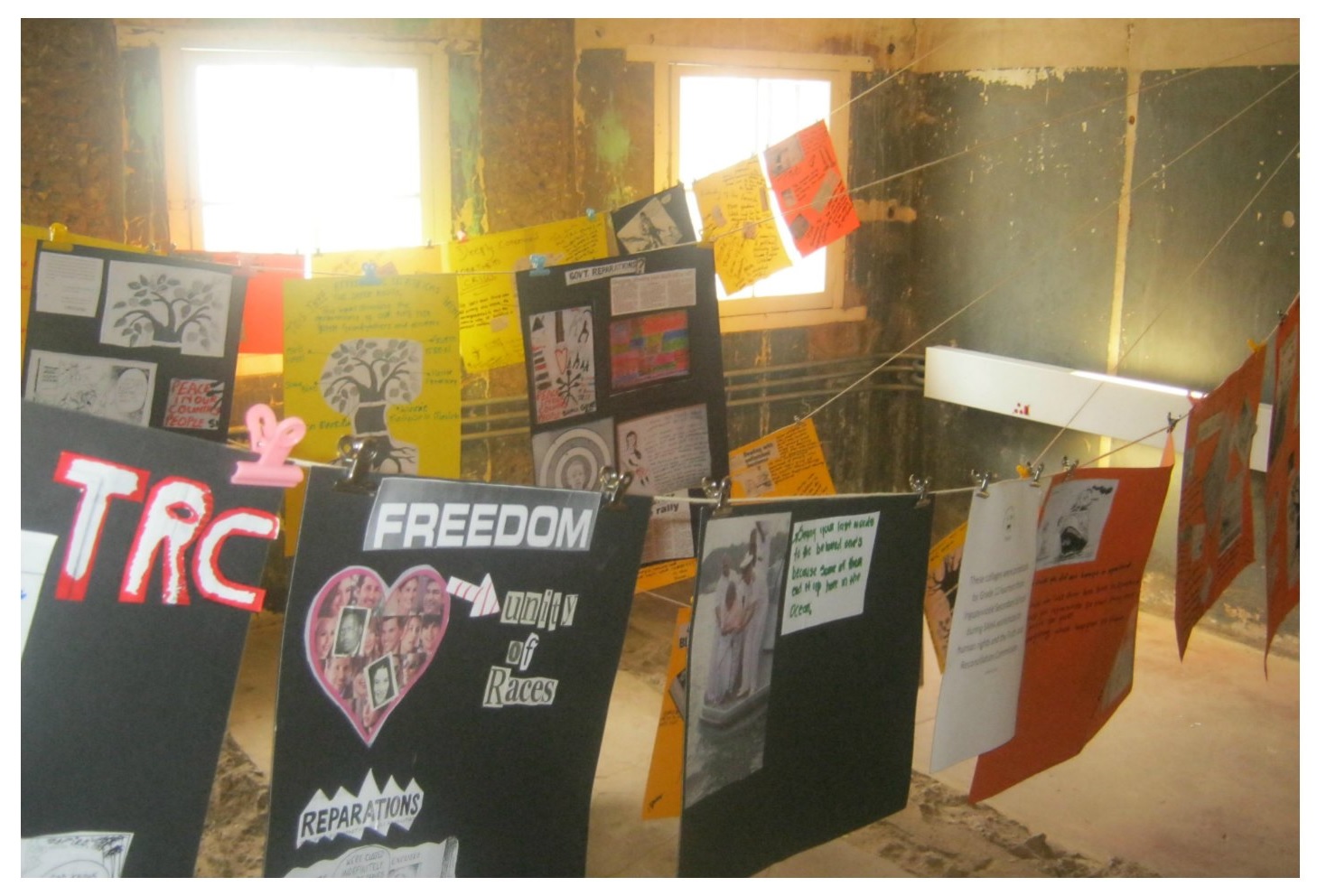|
18 March 2019
Reflections on SAHA's Role in Archival Activism and Struggles for Justice
During the past year, SAHA celebrated 30 years of its existence as an activist archive rooted in the principles of human rights and the advancement of struggles for justice. Founded by liberation struggle activists, from its inception in 1988, SAHA mobilised the archive through dialogical and interventionist strategies to promote the preservation and utilisation of records as central components of the social justice and governance culture, discourse and practice. With this approach, SAHA promotes accountability, transparency and awareness, testing the parameters of South Africa's access to information legislation, with a central objective of ensuring records and archive are both preserved and also made available to civil society, communities and constituencies.
This year, South Africa is celebrating 25 years of democracy and serves both as a moment of reflection and a call for duty. Emerging from the euphoric headiness of post-apartheid bliss, South Africa found itself keyed into a transformation discourse focused on the need for reconciliation, redress and equality. Through the commemoration of heroes and sites symbolic of the struggle for liberation, apartheid was defeated and the transformation towards a new South Africa was achieved. However, this was short lived. Burdened with the legacies brought by the oppressive, discriminatory and often violent acts of colonialism, apartheid and resistance, transformation became a dream deferred as the effects of these legacies continue to reverberate in post-apartheid South Africa. As the land debate and other social issues such as housing, sanitation, education, employment, the rising cost of living, the state of human rights and inequality has been brought into sharp focus by service delivery protests, the fallist movement and other social movements in South Africa, post-apartheid has left many of us sometimes angry, disgruntled and disillusioned. While we have come a long way, the march to freedom is still continuing.
It is in this regard that organisations such as SAHA has a pivotal contribution to make to South African society in the sense that it remains an agent of social change through its commitment in documenting, supporting and promoting greater awareness of and engagement with past and contemporary struggles for justice. Through archival practices, materials development and outreach, and the utilisation of access to information laws SAHA advances innovative notions of archival activism through the catalytic role it plays nationally and internationally in transforming ideas and practices around archives. Throughout its 30 years, SAHA has remained resolute in its commitment to tell untold stories and to assist in the advances in promoting the rule of law and access to information. While, progress is being made in regulations to promote access to information, albeit slowly, and in strengthening institutions upholding human rights at the national level, much work remains in the struggles for justice.
  
|









